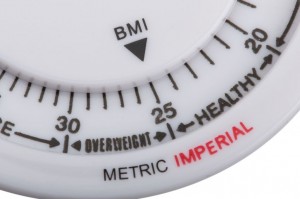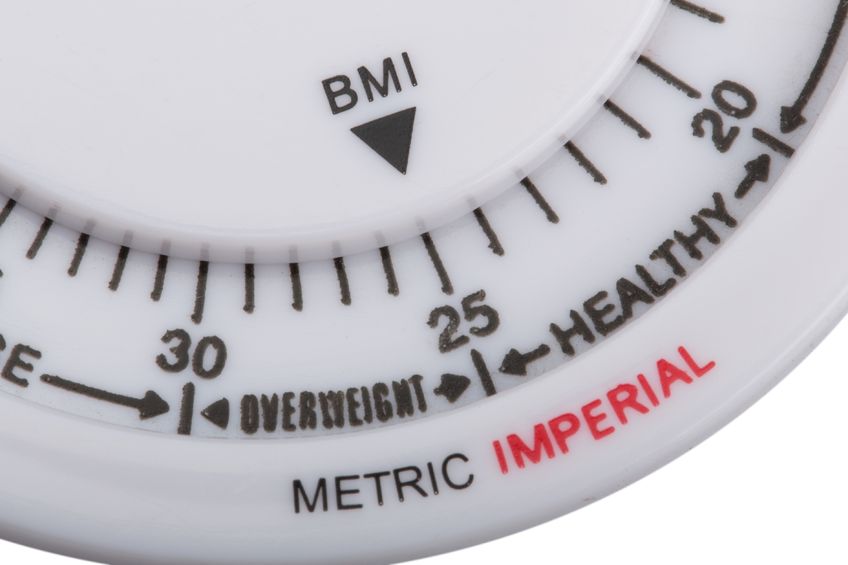Great quality sleep is known to produce seemingly-magical properties of optimism, energy, and productivity. According to a new study, severely obese people who do not sleep well at night are missing out on those benefits, and are more likely to experience mood disturbances and a lower quality of life.
270 severely obese people (indicated by a BMI of 47), with the average age 43, had their sleep issues, quality of life, and mood analyzed by a team of researchers from the U.S. and the U.K.
After adjusting for other high risk factors –such as diabetes, sleep apnea, age and sex – an association with sleep apnea was found between poor sleep quality and high levels of daytime sleepiness, and low quality of life and mood disturbances.
Researchers found that 3/4ths of the study participants reported sleeping poorly, with an average of 6 hours and 20 minutes of sleep each night. About half of the participants experienced anxiety, and 43% reported being depressed.
The findings are vital to the health community. They suggest that doctors should be asking their severely obese patients about their sleep, as poor sleep may be affecting psychological health.
Multiple studies have found that poor sleep can also raise the risk of obesity. Other studies have found that not getting enough sleep is associated with hypertension, diabetes and appetite regulation.
Never hesitate to talk to a licensed physician about sleep issues or mood disturbances. Sleep, diet and exercise all play major roles in how we feel and what can accomplish. Making sure you get the proper amount of sleep is a great way to start improving your health and reaching your goals!



No comments yet.